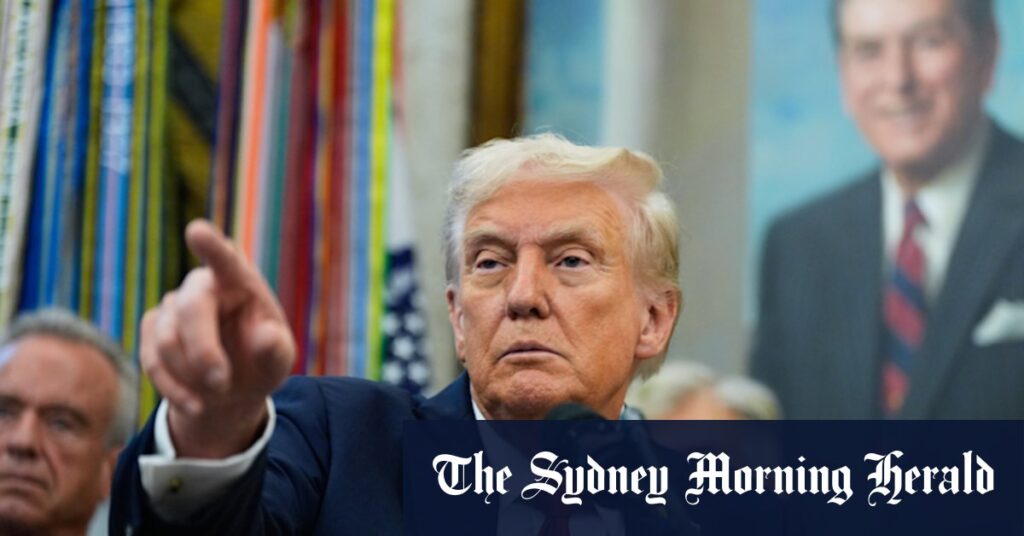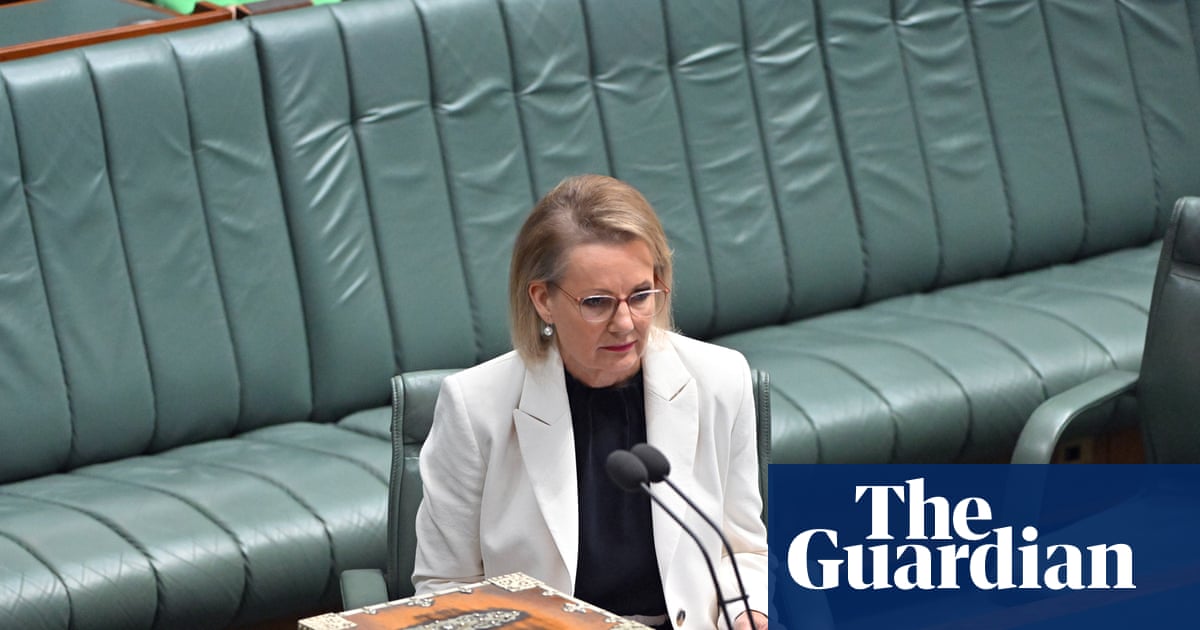
BEIJING: China has made it clear that it will not yield to President Donald Trump’s threat of imposing a 100 percent tariff, urging the United States to engage in negotiations rather than resorting to threats. This statement was released by China’s Commerce Ministry on Sunday, emphasizing the need for dialogue to resolve the ongoing trade tensions.
The announcement comes shortly after President Trump threatened to increase tariffs on Chinese imports by November 1. This move was in response to China’s new restrictions on the export of rare earth elements, which are crucial for both consumer and military products. The escalating rhetoric threatens to derail a potential meeting between Trump and Chinese leader Xi Jinping, potentially ending a temporary truce in the tariff war that saw tariffs from both nations briefly exceed 100 percent in April.
China’s Commerce Ministry reiterated its position in an online statement, saying, “China’s stance is consistent. We do not want a tariff war but we are not afraid of one.” The ministry called for any concerns to be addressed through dialogue, warning that if the U.S. continues with its current approach, China will “resolutely take corresponding measures to safeguard its legitimate rights and interests.”
Background and Context
The trade tensions between the United States and China have been a focal point of international economic discussions. Since taking office, President Trump has raised tariffs on imports from several U.S. trading partners, aiming to secure concessions. However, China has remained steadfast, leveraging its significant economic influence to counter U.S. pressures.
Trump has accused China of becoming “very hostile” and criticized its control over rare earth metals, which are vital for numerous industries. China’s new regulations mandate foreign companies to obtain special approval to export products containing even minimal amounts of rare earth elements sourced from China. These minerals are essential for manufacturing jet engines, radar systems, electric vehicles, and consumer electronics like laptops and phones.
China accounts for nearly 70 percent of the world’s rare earth mining and controls roughly 90 percent of global processing.
Implications for Global Trade
The ongoing dispute over rare earth elements highlights the broader implications for global trade and supply chains. The U.S. has introduced new restrictions, expanding the list of Chinese companies subject to export controls. Additionally, the U.S. plans to implement new port fees on Chinese ships, further straining relations.
In response, China announced its own port fees on American ships. This tit-for-tat approach underscores the deepening rift between the two economic giants, with potential repercussions for international markets and industries reliant on these critical minerals.
Expert Opinions and Historical Parallels
Experts suggest that the current trade tensions echo past conflicts, where economic powerhouses have clashed over strategic resources. The reliance on rare earth elements, akin to historical dependencies on oil or steel, places both nations in a precarious position. Analysts warn that prolonged disputes could disrupt global supply chains and inflate costs for manufacturers and consumers alike.
According to trade analysts, the impasse could potentially lead to a reconfiguration of global supply networks, as countries seek to diversify their sources of critical materials. This shift may spur investments in alternative mining operations outside of China, although such transitions could take years to materialize.
Looking Ahead
The future of U.S.-China trade relations remains uncertain. Both sides have accused each other of violating the spirit of previous agreements, and the path forward is fraught with challenges. The potential meeting between Trump and Xi Jinping could serve as a pivotal moment, offering a chance to de-escalate tensions and find common ground.
For now, the international community watches closely, aware that the outcome of this dispute could reshape economic landscapes and influence global trade policies for years to come. As both nations navigate this complex relationship, the call for dialogue and cooperation remains a critical component in resolving the ongoing trade war.







